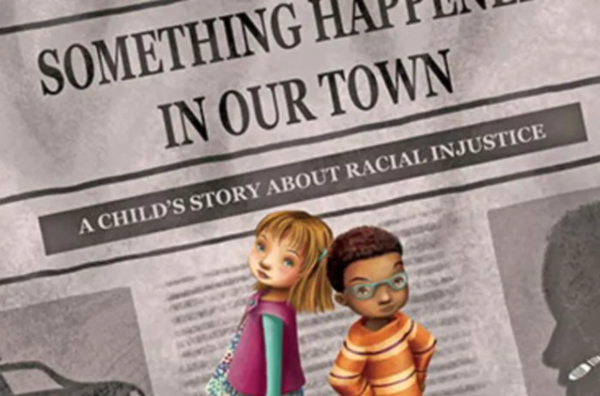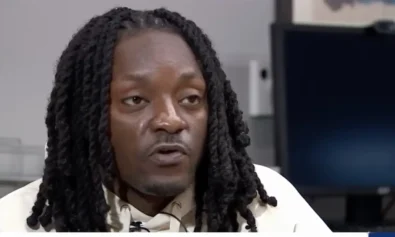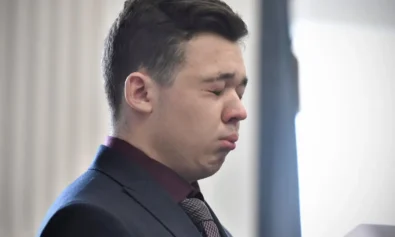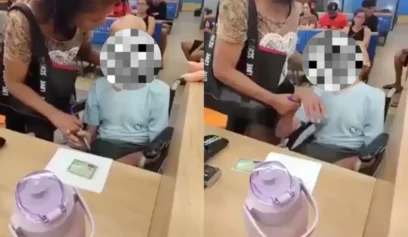A New York school district issued an apology on Monday, April 19, after a local police union accused the district of sending an “anti-police message” by reading aloud a book about police shootings to students.
The book, “Something Happened in Our Town: A Child’s Story About Racial Injustice,” was selected as the book of the month for April at MacArthur Elementary in Binghamton. The story follows how a Black child and a white child respond to a police shooting, and was read aloud by teachers at the school, which serves students from pre-K through fifth grade.

A video of a school staff member reading the book to students was posted to YouTube.
The Binghamton Police Benevolent Association said in a statement obtained by WBNG-TV 12 News, “It is the opinion of the P.B.A. there is a blatant anti-police message portrayed in the book.”
School officials apologized to police in a statement “for the negative light this has shined on their profession.”
The conflict comes as members of law enforcement are subjected to a fresh wave of criticism over use-of-force practices amid recent police killings.
The book, by Marianne Celano, Marietta Collins and Ann Hazzard, was published in 2018, and caters to children between the ages of four and eight.
It follows two families — one White, one Black — as they discuss a police shooting of a Black man in their community. The story aims to answer children’s questions about similar traumatic events, and to help children become more aware of racial injustice in their own lives.
One of the main characters in the story, a Black child named Josh, asks his father, “What if it was a White man in the car? Would the police have shot him?” His father replies, “They probably wouldn’t have even stopped the car.” The father then adds, “We can’t always count on them to do what’s right.”
Then Josh’s brother proclaims his thoughts on police: “They don’t like Black men,” he says.
Meanwhile, the mother of the white child, named Emma, tells her daughter police are often “nice to White people and mean to Black people,” calling it “an unfair pattern.”
The police association said the story could leave children with the wrong ideas, including the impression that “Children should not trust, and should be afraid of the police, that police stop, arrest, and kill black people for no other reason than their race, that police are racist, police are not held accountable for their actions and indiscretions.”
The statement continued, “We hope that the Binghamton Central School District will work to assure their students that the police exist to protect and serve their communities. The members of the Binghamton Police Benevolent Association deserve better than to have their efforts and their profession demonized in this fashion by professional educators and fellow servants of this community. While we feel that an apology to our disparaged members is appropriate, we will continue to serve our community with nothing but courtesy, professionalism, and respect.”
In a statement released by the school district on Monday and provided to 12 News, officials said, “In no way does this book represent our thinking or beliefs about our police.” The YouTube video of the teacher reading the book aloud to students has been removed.
The district said it had received several phone calls from people concerned about the usage of the book.
The statement explained, “The book reflects a national topic that is current and impacts many of our students and their families. While the book includes conversation around racial bias and injustice against African Americans, the concepts are focused on the importance of treating everyone fairly. As the book shares, “there are many cops, black and white, who make good choices.” The dialogue following the reading of this book draws awareness to bias, emphasizing that it is not okay to judge people based on their race, what they look and sound like, or the role they play in the community.”
According to the statement, the book was read in small groups, and teachers were equipped with resources that would help them answer difficult questions and concerns.
“We apologize for the negative light this has shined on their profession and commitment to our safety,” the statement said. It is not clear whether the book will continue to be used in the classroom.


